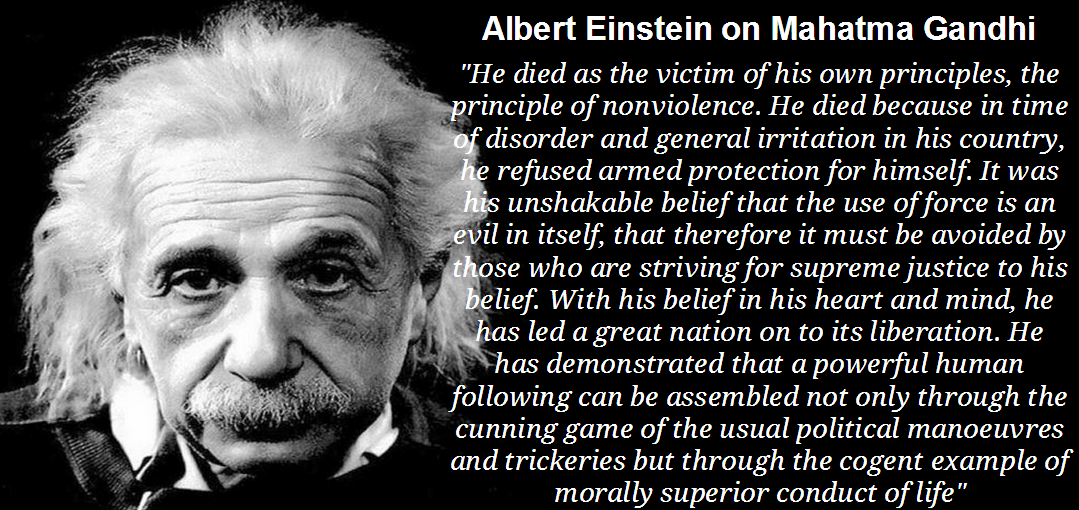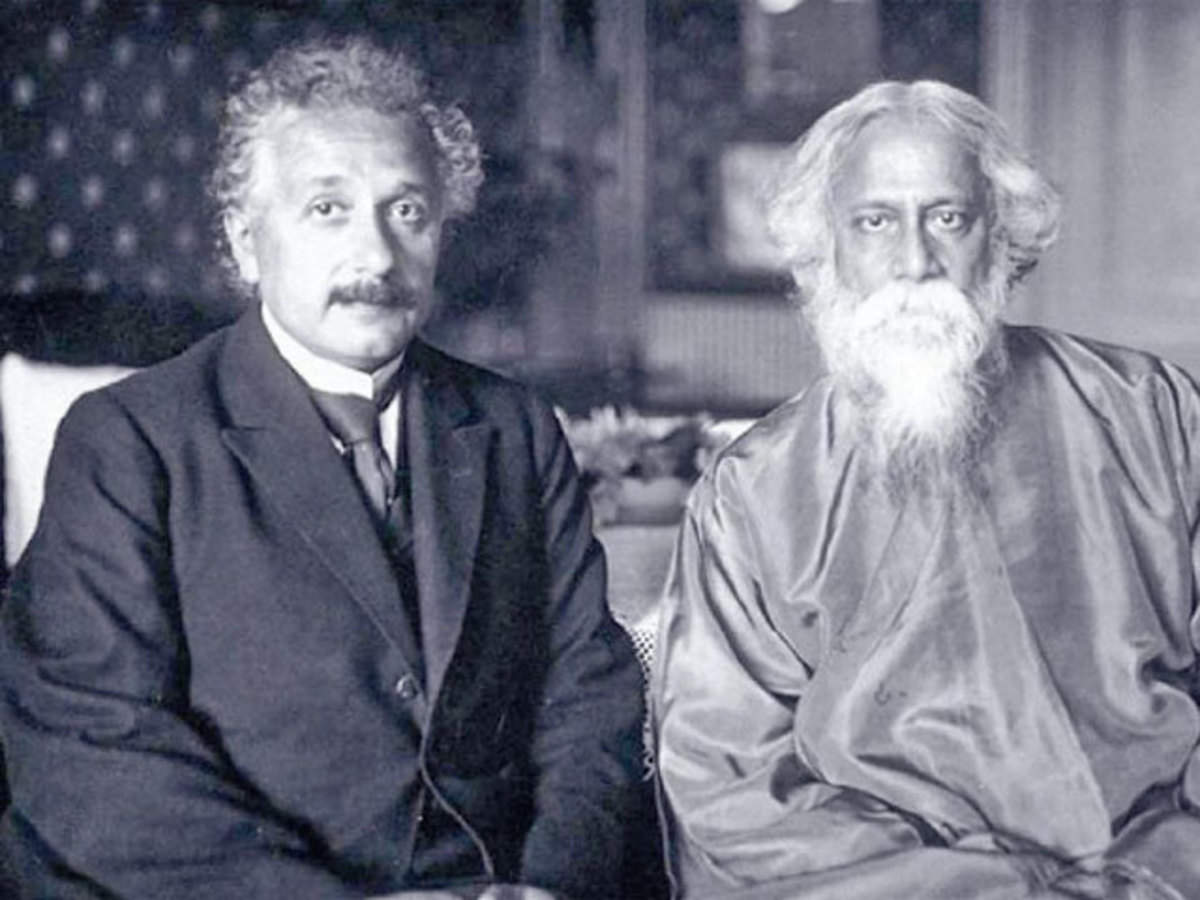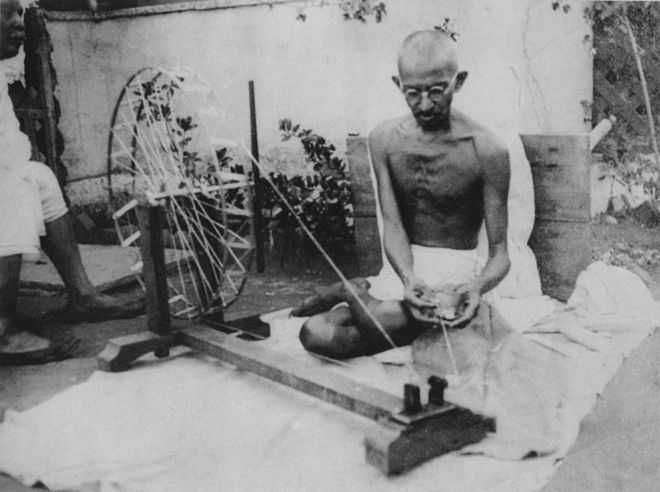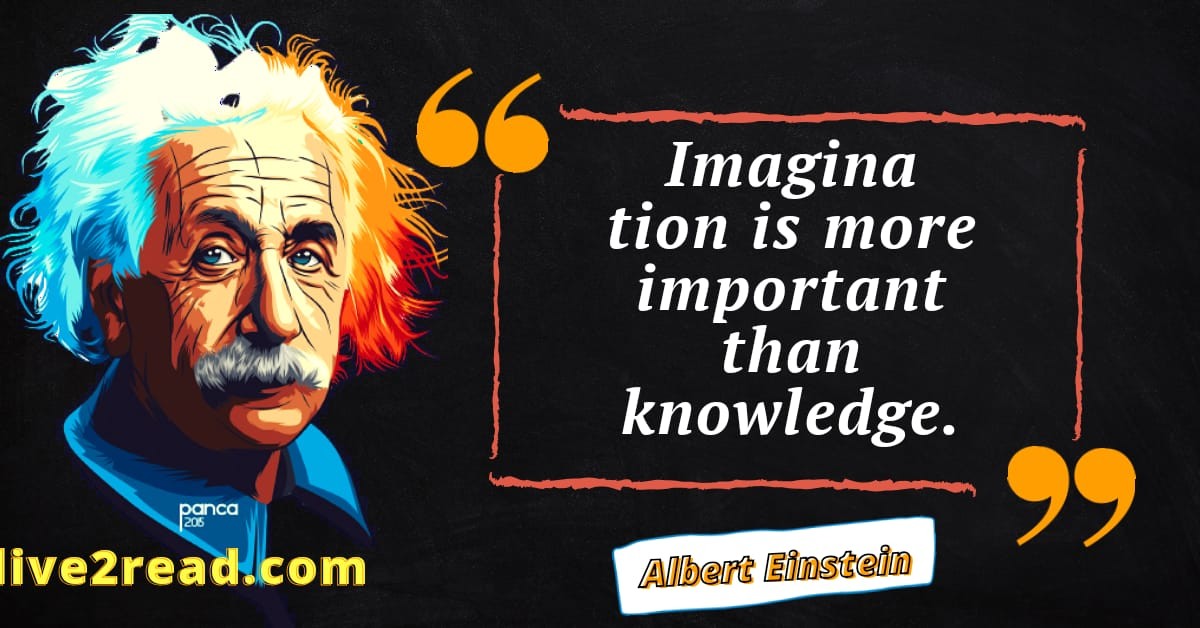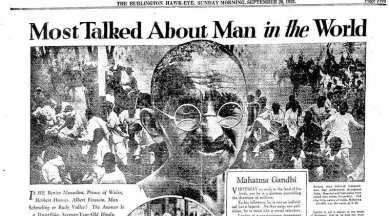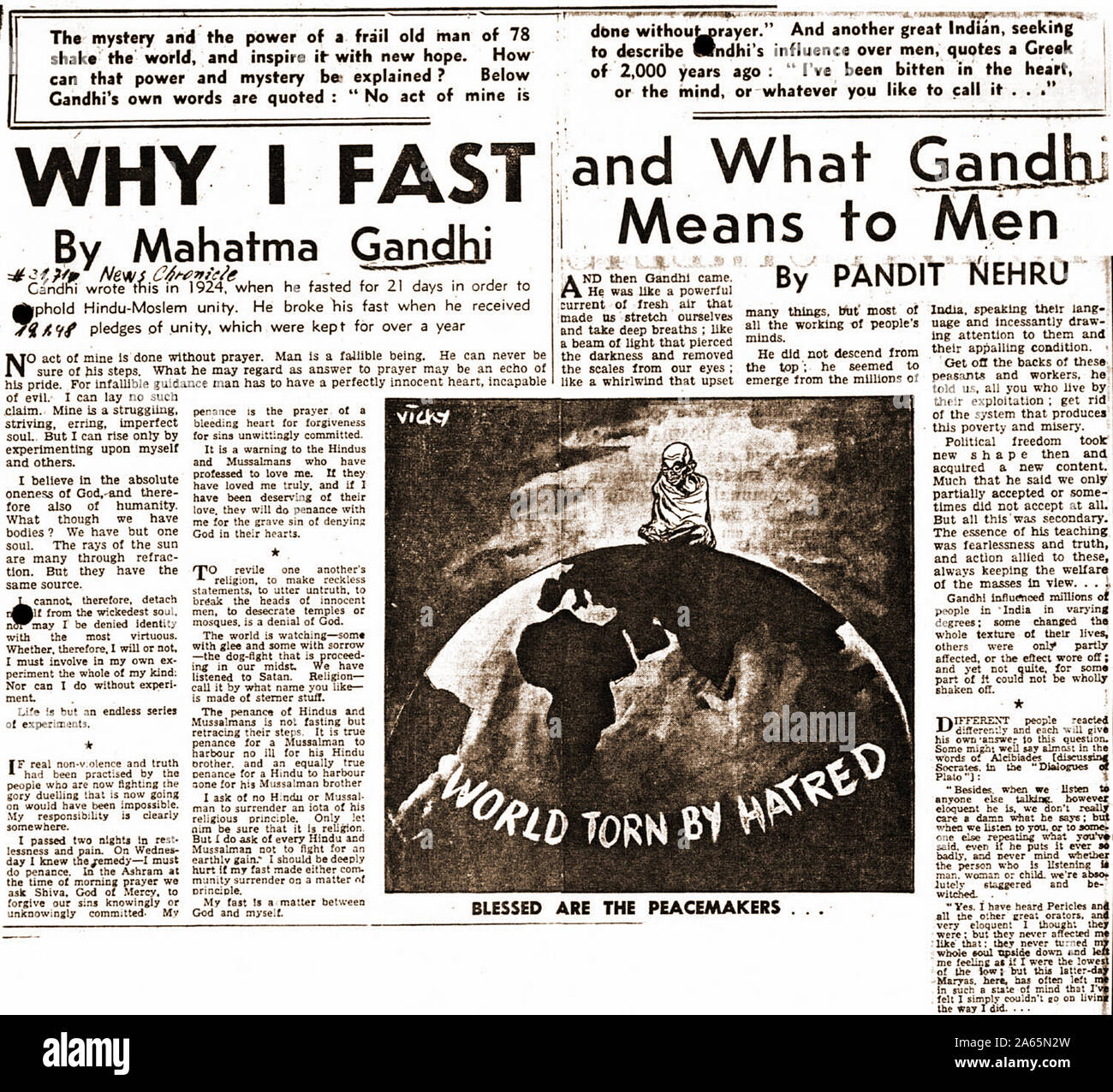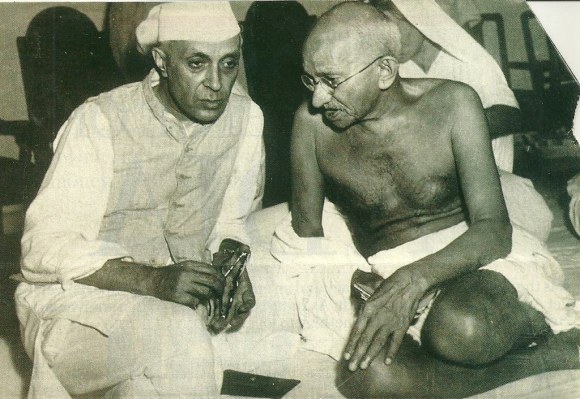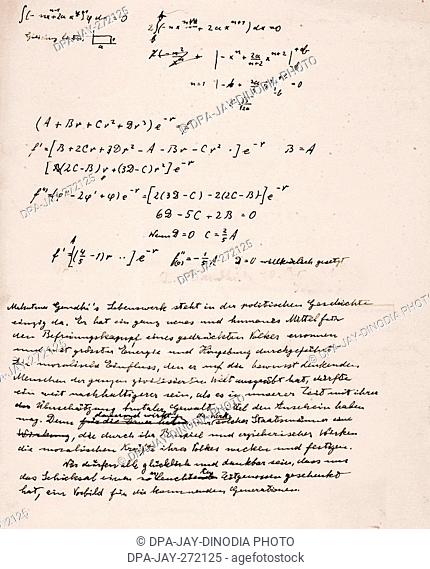Leopard 2A4 column in #Ukraine#ukrainecounteroffensive pic.twitter.com/kCc8stfzL7
— TOGA (@KrzysztofJano15) April 22, 2023
🇺🇦The talents of our ZSU warrior! In the trenches creates an amazing masterpiece!✨#UkrainianArmy #ZSU #UkraineFrontLines #Ukrainians #RussiaIsLosing #ukrainecounteroffensive #UkraineRussianWar #Ukraine️ #Ukrainian #Ukraina #SlavaUkraini pic.twitter.com/NDSsBy6seH
— Vitalis (@VitalisViVa) April 22, 2023
⚡🇺🇦Leo needs to be kept clean. This military man has a lot of work to do, given the weather in #Ukraine ))#ukrainecounteroffensive #Ukraine #UkraineWar #UkraineFrontLines #Ukraina #UkraineFrontLines #RussiaIsATerroristState pic.twitter.com/r8Y5GU3es7
— 🇺🇦UkraineNewsLive🇺🇦 (@UkraineNewsLive) April 22, 2023
⚡🇺🇦💪 #Ukrainian military force the river.#ukrainecounteroffensive #Ukraine #UkraineWar #UkraineWillWin #Ukraina #UkraineRussiaWar️ #RussiaIsATerroristState pic.twitter.com/BLOLIX2gAf
— 🇺🇦UkraineNewsLive🇺🇦 (@UkraineNewsLive) April 22, 2023
⚡🇺🇦💪💥The #Ukrainian military is firing at the #Russian invaders who are trying to storm his positions.#ukrainecounteroffensive #Ukraine #UkraineWar #UkraineWillWin #Ukraina #UkrainianArmy #RussiaIsATerroristState pic.twitter.com/rZnQAXrLfS
— 🇺🇦UkraineNewsLive🇺🇦 (@UkraineNewsLive) April 22, 2023
The United States of America would be a much better country if it was filled with people like the #armedforcesofukraine instead of the fascist Russian Republican MAGAs.#UkrainianArmy #ukrainecounteroffensive #GloryToUkraine #BakhmutHolds pic.twitter.com/9x1AIWrIdG
— Mr. K (@MrK55082208) April 22, 2023
⚡🇺🇦💪🚁🚀💥Combat work of #Ukrainian helicopters#ukrainecounteroffensive #Ukraine #UkraineRussianWar #UkraineWar #Ukraina #UkraineFrontLines #RussiaIsATerroristState pic.twitter.com/7ZlIykOEol
— 🇺🇦UkraineNewsLive🇺🇦 (@UkraineNewsLive) April 22, 2023
#ukrainecounteroffensive "It took us about two hours to more or less learn the Black Hawk. Then we got into it and immediately flew. When I showed what I could do with it, the American instructors were shocked," said the first pilot of the UH-60A Black Hawk. pic.twitter.com/yiisooH9Aa
— Michael (@michaelputinch) April 20, 2023
⚡⚡⚡About 25,000 #Ukrainian soldiers are currently undergoing training in #Germany, about 8,000 have already completed it and returned home — Mark Milley#ukrainecounteroffensive #Ukraina #UkraineWar #UkraineFrontLines #RussiaIsATerroristState pic.twitter.com/MsIgKCsqSS
— 🇺🇦UkraineNewsLive🇺🇦 (@UkraineNewsLive) April 21, 2023
⚡️ Many armored cars Otokar Cobra II (filmed yesterday in #Romania) are already in #Ukraine 🤟🏻🇺🇦🇺🇦🇺🇦#ukrainecounteroffensive pic.twitter.com/4bRywzAhKB
— Aurora Borealis (@aborealis940) April 14, 2023
⚡⚡⚡💥Spectacular destruction of a #Russian T-90 with the help of #Javelin#Ukraine #ukrainecounteroffensive #UkraineRussianWar #UkraineWillWin #UkrainianArmy #Ukrainian #RussiaIsATerroristState pic.twitter.com/qXmKPynUwX
— 🇺🇦UkraineNewsLive🇺🇦 (@UkraineNewsLive) April 21, 2023
How it really looks like on our frontlines 🇺🇦🫡 #ukrainecounteroffensive #UkraineFrontLines #UkraineWillWin #Ukrainian pic.twitter.com/AhrWFSvuMa
— MAXIMUM NAFO(Max)please follow if 🫵 hate Russians (@Flingan67) April 19, 2023
#ukrainecounteroffensive
— ShortRound (@BunnysonBurner) April 21, 2023
Try to keep up Clare in beautiful Bristol https://t.co/pWuo2LxcC0 pic.twitter.com/PhvpGZCwEk
#ukrainecounteroffensive
— Rapid Dragon USA🇺🇸🇺🇦🇹🇼 (@RapidDragonUSA) April 22, 2023
.
China's war in Ukraine pic.twitter.com/HUxfcG2voH
Prez Zelensky: This visit of Jens Stoltenberg is the first since the full-scale war – we interpret it as a sign that the Alliance is ready to start a new chapter in relations with Ukraine – a chapter of ambitious decisions#Ukrainecounteroffensive pic.twitter.com/k6CA8bSFL1
— UATV English (@UATV_en) April 20, 2023
🤚In Konstantinovka and Chasov Yar, riots began in the units of the Armed Forces of #Ukraine - the Ukrainian military drop their weapons and leave.
— Sukhoi Su-75 "Checkmate"♟️👑 (@75Sukhoi) April 22, 2023
This was announced by the head of PMC "Wagner" Yevgeny Prigozhin.#ukrainecounteroffensive pic.twitter.com/JuZ3PsjeoX
While the Indian diet is high in carbs and low in protein, one thing I appreciate is that they understand how to prepare the food properly
— Preethi Kasireddy (@iam_preethi) April 21, 2023
For example:
- Dosa and Idli batter is fermented
- Chickpeas and lentils are soaked in water to sprout
- Chutneys are pickled
Etc
I love San Francisco pic.twitter.com/Qo53r84XAx
— Garry Tan 陈嘉兴 (@garrytan) April 21, 2023
It has been one year since I moved to NY from SF, and I’m not gonna lie — NY is an extremely depressing and lonely place for a builder, even if you are working in the hottest area of AI, LMs, and whatnot. I miss working in San Francisco.
— Delip Rao 🥭 (@deliprao) April 21, 2023
So many people are afraid to publish their thoughts.
— Justin Welsh (@thejustinwelsh) April 21, 2023
Here are a few reasons why:
- Ridicule
- Judgement
- Embarrassment
- Lack of confidence
Or they simply don't believe they have anything to say.
I used to feel the same.
Here are 4 simple ways I overcame this back in 2018:
Just go to a random coffee shop, hang out at Dolores, or do your normal things, and you will find people doing your thing. You can’t throw a stick in SF without it landing on a founder/hacker.
— Delip Rao 🥭 (@deliprao) April 21, 2023
Overheard in Kendall Sq. Part 1 🧵👇 (4)
— Alok Tayi (@aloktayi) April 22, 2023
There’s an AI gold-rush underway.
— Marc Randolph (@mbrandolph) April 22, 2023
I first knew something was up when two of the entrepreneurs I work with told me within a week of each other that they had just pivoted their companies to AI.
And it feels like at least a quarter of the entrepreneurs in my Discord community are…
3 months ago, we started building a massive water-cooled, steel plate to go under the launch mount.
— Elon Musk (@elonmusk) April 21, 2023
Wasn’t ready in time & we wrongly thought, based on static fire data, that Fondag would make it through 1 launch.
Looks like we can be ready to launch again in 1 to 2 months.
Silicon Valley is an ongoing car show. Took @maryamie to brunch. Parked next to a new Lucid, which has a beautiful interior and exterior.
— Robert Scoble (@Scobleizer) April 21, 2023
Except my five-year old Tesla drove us, something the newer and much more expensive Lucid can’t do.
Which is why this is a rare sighting in… pic.twitter.com/oydWeVvakF
Guide them to my course, you get 10% https://t.co/WSV9ukavy4
— Paramendra Kumar Bhagat (@paramendra) April 21, 2023
That's true for ideas in general. If an idea seems simultaneously novel and obvious, it's probably a good one.
— Paul Graham (@paulg) April 21, 2023
America, China and a Crisis of Trust . my first rule of journalism: If you don’t go, you don’t know. Relations between our two countries have soured so badly, so quickly, and have so reduced our points of contact — very few American reporters are left in China, and our leaders are barely talking — that we’re now like two giant gorillas looking at each other through a pinhole. Nothing good will come from this. .......... The smallest misstep by either side could ignite a U.S.-China war that would make Ukraine look like a neighborhood dust-up. ....... Attending the China Development Forum — Beijing’s very useful annual gathering of local and global business leaders, senior Chinese officials, retired diplomats and a few local and Western journalists — reminded me of some powerful old truths and exposed me to some eye-popping new realities about what’s really eating away at U.S.-China relations. ......... Just when trust has become more important than ever between the U.S. and China, it also has become scarcer than ever. Bad trend. ........ There’s something of a competition today between Democrats and Republicans over who can speak most harshly about China. ........
I can’t think of any major nation after the United States with more of a Protestant work ethic and naturally capitalist population than China.
......... Facial recognition cameras are everywhere. ....... These days, it is extremely difficult for a visiting columnist to get anyone — a senior official or a Starbucks barista — to speak on the record. It was not that way a decade ago. .......... Beijing and Shanghai, in particular, have become very livable cities, with the air pollution largely erased and lots of new, walkable green spaces. ........ Shanghai had recently built 55 new parks, bringing its total to 406, and had plans for nearly 600 more. ......... some 900 cities and towns in China are now served by high-speed rail, which makes travel to even remote communities incredibly cheap, easy and comfortable. ........ In the last 23 years America has built exactly one sort-of-high-speed rail line, the Acela, serving 15 stops between Washington, D.C., and Boston. Think about that: 900 to 15. .......... I say this not to argue that high-speed trains are better than freedom. ......... a regime that takes both absolute control and relentless nation-building seriously. ........ For an American to fly from New York’s Kennedy Airport into Beijing Capital International Airport today is to fly from an overcrowded bus terminal to a Disney-like Tomorrowland. It makes me weep for all the time we have wasted these past eight years talking about a faux nation builder named Donald Trump. .......... more people can compete, connect and collaborate on more things for less money from more places than ever ......... educated Chinese people seem to be more connected, and able to get around digital firewalls ....... And then she dropped this: “I just used ChatGPT.” ........ a story making the rounds in Beijing is that many Chinese have begun using ChatGPT to do their ideology homework for the local Communist Party cell, so they don’t have to waste time on it. ........... China got an early jump on A.I. in two realms — facial recognition technology and health records — because there are virtually no privacy restrictions on the government’s ability to build huge data sets for machine learning algorithms to find patterns. .......... generative A.I., like ChatGPT, gives anyone, from a poor farmer to a college professor, the power to ask any question on any subject in his or her own language. This could be a real problem for China ........ “ChatGPT is prompting some people to ask if the U.S. is rising again, like in the 1990s,” Dingding Chen, a Chinese political scientist, told me and Bradsher.............. through social media, many Chinese got to see parts of the March 23rd hearing on Capitol Hill where members of Congress questioned — or, actually, berated, harangued and constantly interrupted — TikTok’s chief executive, Shou Chew, claiming TikTok’s videos were damaging American children’s mental health. ........... just how insulting Chinese found that hearing. It was widely and derisively commented about online in China. .......... “you should not try to stop China’s development. You can’t contain China in the end. We are quite smart. And very diligent. We work very hard. And we have 1.4 billion people.” ......... most Chinese people think there is no hope for better relations. We think the relationship will be worse and worse and hope that war will not break out between our two countries.” ........this standard-issue great-power rivalry is occurring between nations that have become as economically intertwined as the strands of a DNA molecule.
....... Americans’ favorite device is an iPhone assembled mostly in China, and until recently the favored foreign destination of Chinese college students — some 300,000 of them today — is America. ........ Today, it’s just a few lines of code that separate autonomous cars from autonomous weapons. ......... about eight years ago, we got a knock on our door and there was a Chinese salesman. He said: “Hi, my name is Mr. Huawei and I make 5G telephone equipment better than anything you have. I’m starting to install it all over the world, and I’d like to wire America.” .......... So, we are going to ban Huawei and instead pay more to buy our 5G telecom systems from Scandinavian companies we do trust: Ericsson and Nokia.” .......... What crude oil was to powering 19th- and 20th-century economies, microchips are for powering 21st-century economies. ......... a human hair is about 90,000 nanometers thick and the world’s best mass producer of advanced chips in the world is now making three-nanometer transistors .......... When you ask them what is the secret that enables TSMC to make 90 percent of the world’s most advanced logic chips — while China, which speaks the same language and shares the same recent cultural history, makes zero — their answer is simple: “trust.” ............. TSMC makes two solemn oaths to its customers: TSMC will never compete against them by designing its own chips and it will never share the designs of one of its customers with another. .......... China also has a foundry, Semiconductor Manufacturing International Corporation, which is partly state-owned. But guess what? Because no global chip designers trust SMIC with their most advanced designs, it is at least a decade behind TSMC. ............. Deng established a much more collective leadership for China and term limits for the top leaders, and he put pragmatism — whatever would drive economic growth — above Communist ideology, while hiding China’s growing strength. .......... after Xi Jinping took over as China’s paramount leader in 2012, he seemed to be alarmed at how China’s openness toward the world, its consensus approach to leadership and its rush down a semi-capitalist path had led to runaway corruption inside both the Communist Party and the People’s Liberation Army, to a degree that was hurting the party’s legitimacy. ............. Whatever trust that China had built up with the West since the late 1970s evaporated at the exact moment in history when trust, and shared values, became more important than ever in a world of deep, dual-use products driven by software, connectivity and microchips.............. As Beijing sees it, China not only became America’s go-to boogeyman, but in their frenzy to blame Beijing for everything, members of Congress started to more recklessly promote Taiwan’s independence......... Xi told President Biden at their summit in Bali in November, in essence: I will not be the president of China who loses Taiwan. If you force my hand, there will be war. You don’t understand how important this is to the Chinese people. You’re playing with fire. .............. they have frightened both the world and their own innovators at precisely the wrong time. ........ we are doomed to compete with each other, doomed to cooperate with each other and doomed to find some way to balance the two. Otherwise we are both going to have a very bad 21st century. ............ Americans and Chinese remind me of Israelis and Palestinians in one respect: They are both expert at aggravating the other’s deepest insecurities. ........... we’ve decided to focus our waning strength vis-à-vis Beijing on ensuring the Chinese will always be a decade behind us on microchips. ............ in today’s fused world, the notion that China can economically collapse and America still thrive is utter fantasy ......... China will never realize its full potential — in a hyper-connected, digitized, deep, dual-use, semiconductor-powered world — unless it understands that establishing and maintaining trust is now the single most important competitive advantage any country or company can have. And Beijing is failing in that endeavor. ......... one of Shultz’s cardinal rules of diplomacy and life: “Trust is the coin of the realm.” .The Ethics of Nine of the Most Powerful People in America
This Philosopher Wants Liberals to Take Political Power Seriously Danielle Allen makes the case for ‘power-sharing liberalism.’
From Red Carpet to Doghouse: Macron Returns From China to Allied Dismay Criticism of the French president’s performance in Beijing has been scathing among some allies, who saw him as cozying up to Beijing. .
"You talking to me?" https://t.co/E2uSmgViXQ
— Paramendra Kumar Bhagat (@paramendra) April 8, 2023
Last week I shared how @lennysan grew his newsletter to 377k.
— Chenell Basilio (@chenellco) April 8, 2023
But the story doesn't end there.
He has become a master at getting people to pay for his content...
To the tune of $4 million per year.
How does he do it?:
जब बलात्कारको दृश्यका लागि निर्देशकसँग भिडिन् जया बच्चन
Solopreneurship 101:
— Justin Welsh (@thejustinwelsh) April 22, 2023
Work on yourself, take notes, share them with others.
Hired an Amish company for fencing work on the farm. Every invoice ends with
— Amanda Orson (@amandaorson) April 21, 2023
"Thanks for the work, we really enjoyed working with you."
Such a simple thing, to thank a customer for their patronage. But I can't think of another company that does it.
So typically human that, out of all the things AI could have been used for first, we took the most creative acts of visual design and writing and automated it away.
— Arvid Kahl (@arvidkahl) April 22, 2023
Could have been law, or accounting, or some other chore.
But no, it HAD to be painting and creative writing. 🫤
Anointed nobility is anathema
— Elon Musk (@elonmusk) April 22, 2023
Quality of content counts
You find out who founders really are when their startups struggle:
— Neil Thanedar (@NeilThanedar) April 21, 2023
Some founders retreat into themselves.
Others start lashing out at their teams.
The best ones quietly get back to work, and keep working until they get out of that hole.
The spectrum of empathy is where we see the world as it is, not as we are... pic.twitter.com/Sipzobxzg0
— Brian Solis (@briansolis) April 22, 2023




